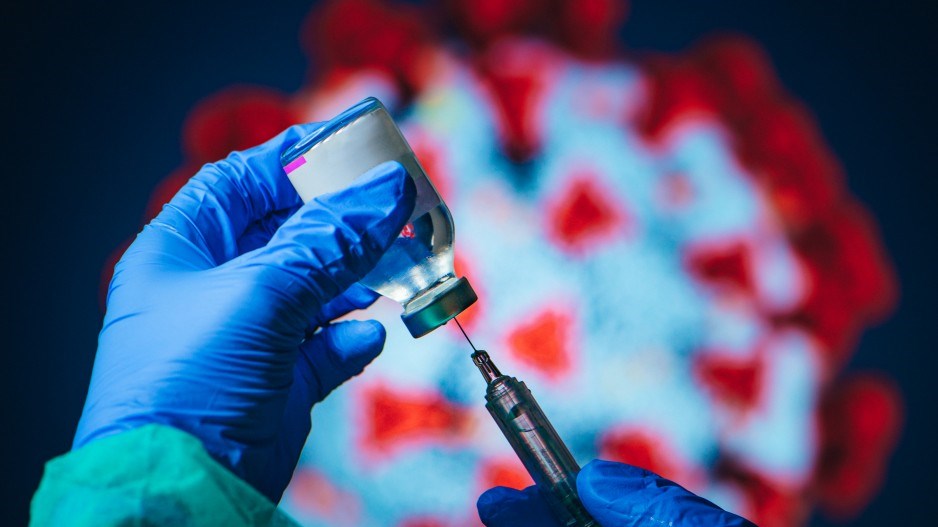B.C. provincial health officer Dr. Bonnie Henry is urging those on the West Coast to remain patient as immunization efforts scale up.
“We do not have enough supply coming between now and the end of March to achieve that community immunity that protects us,” she said during a Monday (January 11) briefing, adding that the province’s entire supply of the Pfizer vaccine is expected to be used by day’s end.
“But let me be clear: Everyone will have their turn. The focus is on these core groups between now and the end of March. We expect more vaccines and more vaccines to be approved for use.”
The Public Health Agency of Canada (PHAC) revealed earlier in the day B.C.’s allocations for the vaccines from Moderna Inc. (NYSE:MRNA), and Pfizer Inc. (NYSE:PFE) and BioNTech SE (Nasdaq:BNTX).
While B.C.’s Pfizer-BioNTech doses may be used up by end of day Monday, the West Coast is still set to receive 28,275 doses of that vaccine the week of January 11-17 and the two weeks to follow.
B.C. will then see the number of weekly deliveries jump to 49,725 doses beginning the week of February 1-7. That number will remain steady for the three weeks to follow through to February 28.
Moderna is still ramping up its deliveries to B.C. with 20,700 doses set to arrive the week of January 11-17.
The government is not forecasting additional doses until the week of February 1-7, when 28,500 doses are expected to arrive.
That will be followed by with the arrival of 31,000 doses the week of February 22-28.
B.C. has received 71,200 COVID-19 vaccine doses as of January 7 — 50,700 doses of the Pfizer-BioNTech vaccine and 29,500 doses of the Moderna vaccine.
Ottawa is distributing the doses to the provinces and territories on a per capita basis, however, the Pfizer vaccine is more difficult to transport than Moderna’s owing to the fact it must be kept cool at temperatures of up to -80C.
All provinces have agreed to shift part of their proportion of Moderna vaccines to the territories to make distribution easier for northern regions, meaning fewer doses of the easier-to-transport vaccine are destined for B.C.
As of January 7, Canada has received 548,950 doses — 380,250 from Pfizer and 168,700 from Moderna.
So far B.C. has administered 59,902 vaccinations as of Sunday — up from the 46,259 vaccinated that had been administered on Friday.
Henry said there have been no known accounts of any wasted doses in B.C.
“We put a lot of time and effort into making sure we had people … [and] we had the infrastructure in place,” she said.
Henry also took an extended period of time during her Monday briefing to reiterate that she does not believe that plans to administer the second dose of the COVID-19 vaccines are unsafe.
Last month she outlined plans to delay the administration of second doses to 35 days after the first dose. Pfizer and Moderna both recommend that second doses are administered about 28 days after the first doses.
Scientific studies have shown that within two weeks of getting the first dose, the protection rate of both vaccines is in the 85-90% range.
After the second dose, that goes up to 95%.
“We’ll be monitoring and changing our program if needed, depending on how much vaccine we have,” Henry said.
The province also intends to vaccinate 30,000 frontline health-care workers — specifically, paramedics, and those who work in intensive care units and emergency departments at hospitals — by the end of the month. Another 13,000 people in assisted living are expected to receive at least their first dose in January.
After the top-priority groups receive their vaccines in January, health officials plan to administer vaccines to elderly British Columbians above the age of 80.
Once vaccinated, the province will administer doses in descending five-year age brackets.




